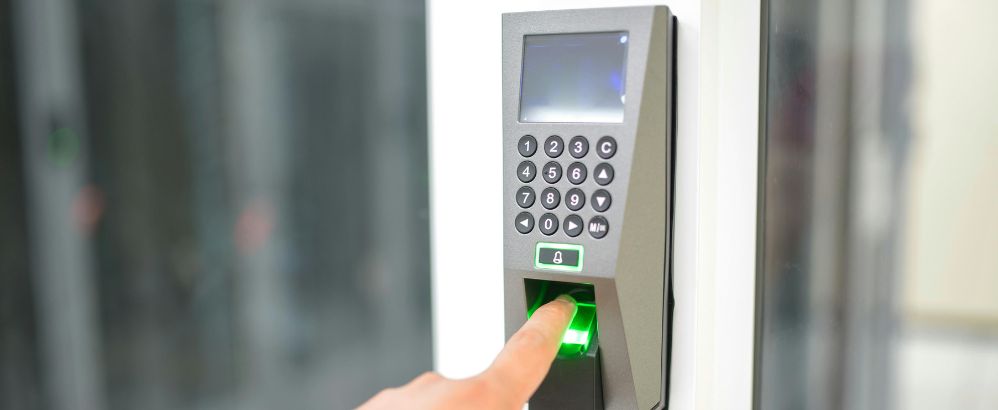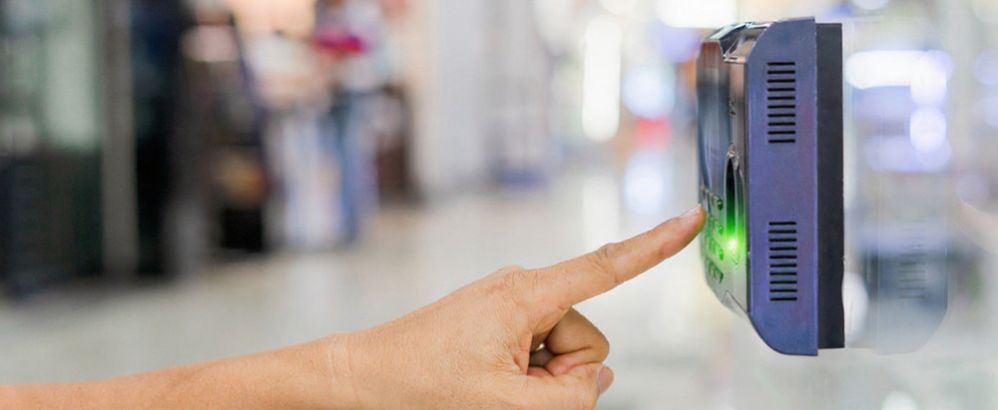Biometric Access control

Biometric access control is a sophisticated security system that utilizes unique physiological or behavioral characteristics of individuals to grant or restrict access to secured areas, systems, or information. Common biometric identifiers include fingerprints, facial recognition, iris scans, voice patterns, and even vein patterns. These systems offer a higher level of security compared to traditional methods such as passwords or keycards, as biometric traits are inherently tied to the individual and are difficult to replicate or steal. Biometric access control is increasingly adopted across industries, including banking, healthcare, government facilities, and corporate environments, due to its efficiency and reliability. While the technology provides significant advantages in terms of convenience and security, it also raises concerns regarding privacy, data protection, and ethical implications. Ensuring robust encryption, compliance with data protection regulations, and transparent policies can help mitigate these challenges while maximizing the benefits of biometric access control systems.
Biometric Access Control system for Business

Security is paramount. Protecting sensitive information and ensuring the safety of employees and assets are top priorities for organizations of all sizes. A biometric access control system for business offers a secure and efficient solution for managing entry to facilities and sensitive areas. This article delves into the various aspects of biometric access control systems, exploring their benefits, technologies, implementation strategies, and future trends. Our goal is to extend the discussion to 4000 words while ensuring that the keyword biometric access control system for business is seamlessly integrated throughout the content.